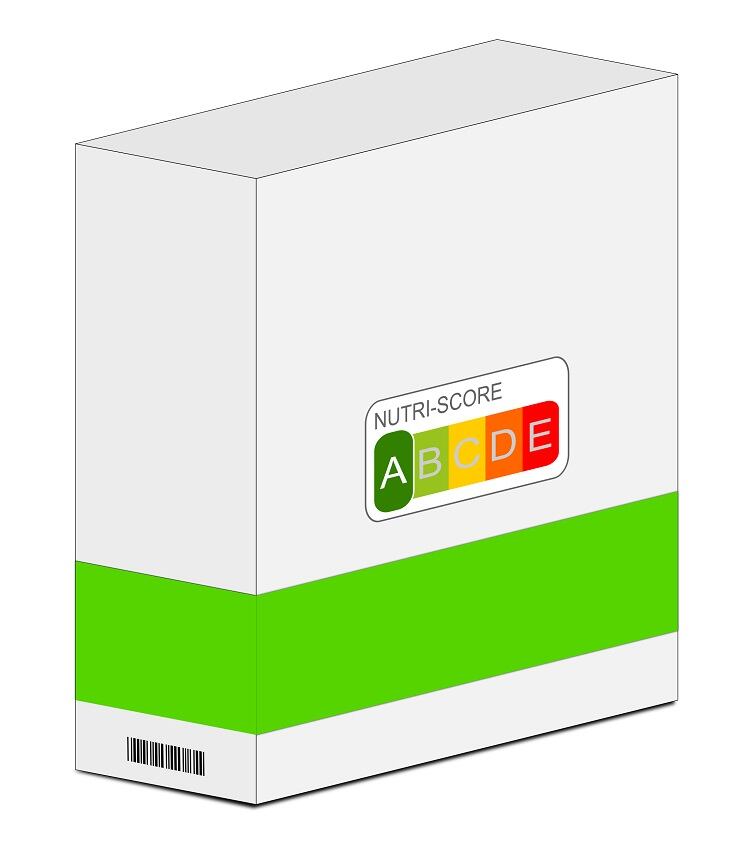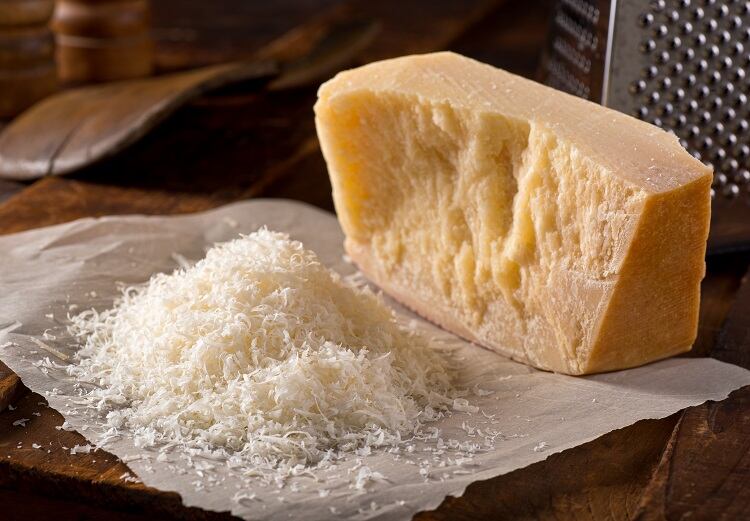Nutri-Score was first developed in France in 2017. In just three short years, the front-of-pack (FOP) labelling scheme has become one the most popular amongst Member States and brands alike.
However, not all are in favour of the colourful, A to F-style algorithm. As the European Commission contemplates which style of mandatory, harmonised FOP scheme will be rolled out in 2022, those who argue Nutri-Score discriminates against traditional foods are making their point known.
‘Nutri-Score makes shopping baskets healthier’
Nutri-Score ranks foods from -15 for the ‘healthiest’ product to +50 for those that are ‘less healthy’. On the basis of this score, the product receives a letter with a corresponding colour code: from dark green (A) to dark red (F).
The scheme has attracted a significant number of supporters. Governments in France, the Netherlands, Switzerland, Spain, Belgium and Germany have opted for Nutri-Score as their voluntary labelling scheme of choice.
Many major retailers and food producers in Europe, such as Nestlé, Kellogg, Danone, Albert Heijn, and Delhaize, have also adopted the FOP scheme for own-label lines.

The European Consumer Organisation (BEUC) also publicly backs Nutri-Score. “Because of the very strong level of scientific evidence, we believe that the Nutri-Score should be the label that is rolled out across the EU and made mandatory when the Commission [unveils] its proposal at the end of 2022,” said BEUC Food Policy Officer Emma Calvert at a recent European Food Forum (EFF) event.
“Evidence has shown that it is still the easiest label to understand,” she told delegates. “It does make consumers’ shopping baskets healthier.”
And, Calvert continued, the nutrition labelling scheme also incentivises food manufacturers to reformulate their products and helps consumers eat smaller portions of less healthy foods.
But does Nutri-Score rank all food products fairly? Or does the labelling scheme favour industrial foods over more traditional ones?
Traditional foods ‘cannot be reformulated’
The primary concern for those against Nutri-Score’s mandatory adoption argue that the FOP scheme discriminates against traditional and single-ingredient foods, or those protected by quality schemes.
In the EU, quality schemes are designed to protect the names of specific agri-food and alcohol products. Agri-food products and wine are protected as Protected Designation of Origin (PDO) and Protected Geographical Indication (PGI). Spirit drinks are protected as Geographical Indications (GI). Some of the best known include Kalamata olives from Greece, Parmigiano Reggiano from Italy, or Camembert from France.
These schemes promote the products’ unique characteristics, which are associated with their geographical origin, as well as the ‘know-how’ ingrained in that region.
Massimiliano Giansanti, president of the Italian confederation of agriculture, Confagricoltura, and VP of the European agricultural union, Copa, is concerned that such products would be disfavoured if Nutri-Score became mandatory.
“It’s quite evident that any existing colour coding system, such as [UK FOP label] Traffic Light and Nutri-Score discriminate against certain categories of food products, as they basically make a distinction between ‘good’ or ‘bad’ in a [questionable] manner,” he told delegates at the EFF event.
“This can lead to the consequence of high-quality and nutritional products being shunned, such as olive oil…or Parmigiano Reggiano. Such products are vital in the human diet and are recommended by doctors.”
Giansanti, who is a producer of Parmigiano Reggiano himself, believes that such FOP labels risk undermining food products associated with Member States’ traditions and history, such as PDOs, GIs and TSGs (Traditional Specialty Guaranteed). These products, he explained, have to follow ‘strict’ and ‘traditional’ production methods, and cannot be reformulated.
Deputy Permanent Representative and Ambassador to Coreper I, Michele Quaroni, also raised concerns regarding Nutri-Score’s ranking of traditional foods.
“We need to reset the debate and start over,” he told delegates. “What is happening today, is that single ingredient products and traditional, European quality products – which have been, for centuries, an integral part of the culinary tradition of each Member State – are in fact discriminated [against] in favour of industrial products that can be reformulated against indefinitely.”
Practical concerns

Other concerns regarding mandatory adoption of Nutri-Score include the physical labelling of GI products.
Valentina Zanetti works at the Zanetti cheese company and is a board member of the European Dairy Association (EDA). While she is not against FOP labelling, she stressed that there is ‘already a very complete nutritional label’ on all Zanetti cheese products. “We accept, if necessary, to move it to the front of the pack,” she added.
Further, from a logistics standpoint, Zanetti asked rhetorically: “Where do we put Nutri-Score on GIs? When we cut the cheese, there is no label.” Indeed, food products protected by GIs are regularly sold without any industrial packaging at all.
“It’s a big question,” she reiterated, suggesting that perhaps GI product packaging could be used to better explain the traditional processes behind their production.
At the EFF event, both Nutri-Score supporters and cynics were assured that whatever the outcome, the European Commission’s scheme would be science-based and would take ‘other important elements’ into account.
These, Sabine Juelicher, Director Food and Feed Safety, Innovation, DG SANTE said, include traditional foods, agricultural food products, and products with GIs. The Commission will also ‘take care of the challenges faced in terms of reformulation’, she added.




